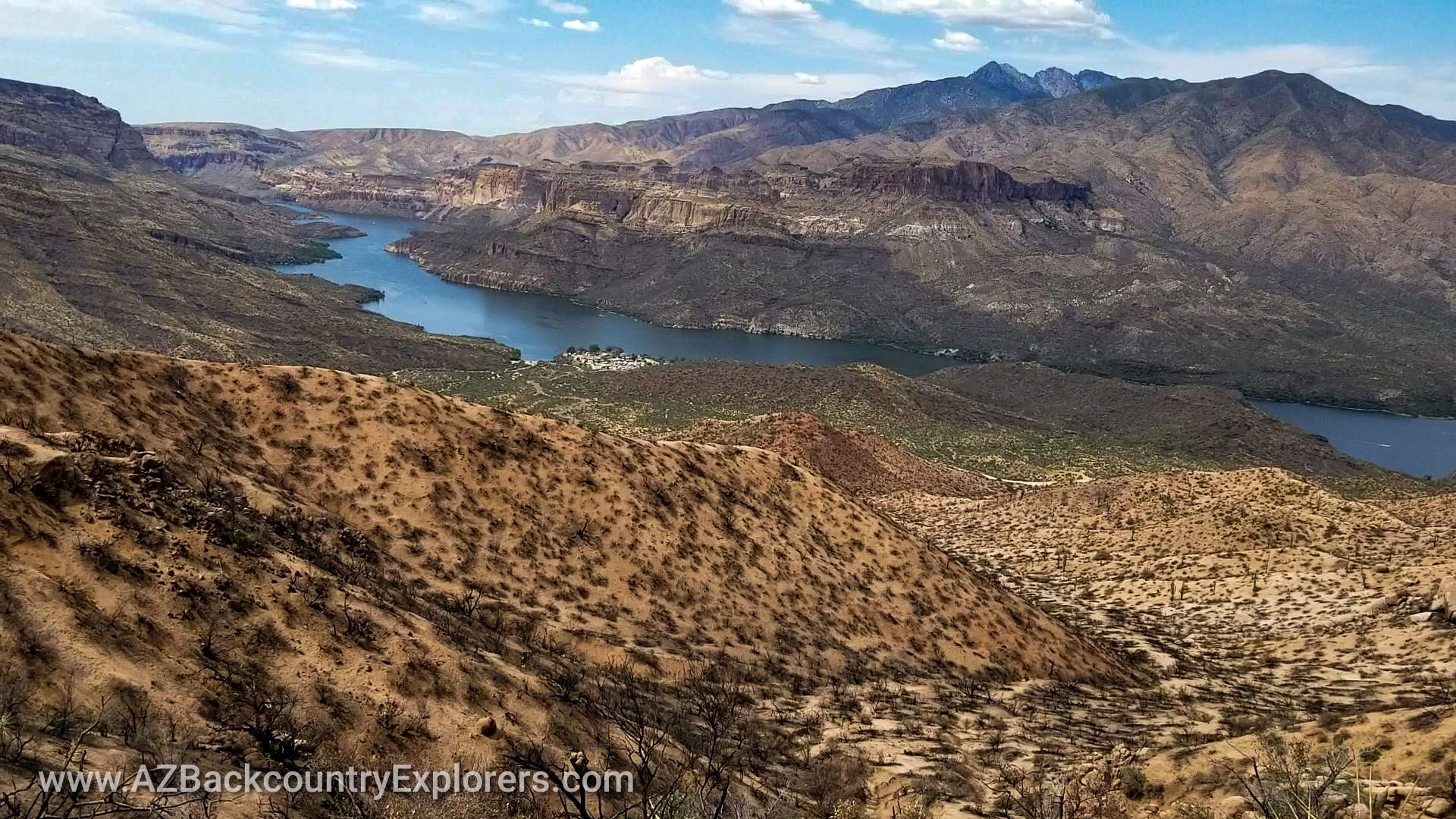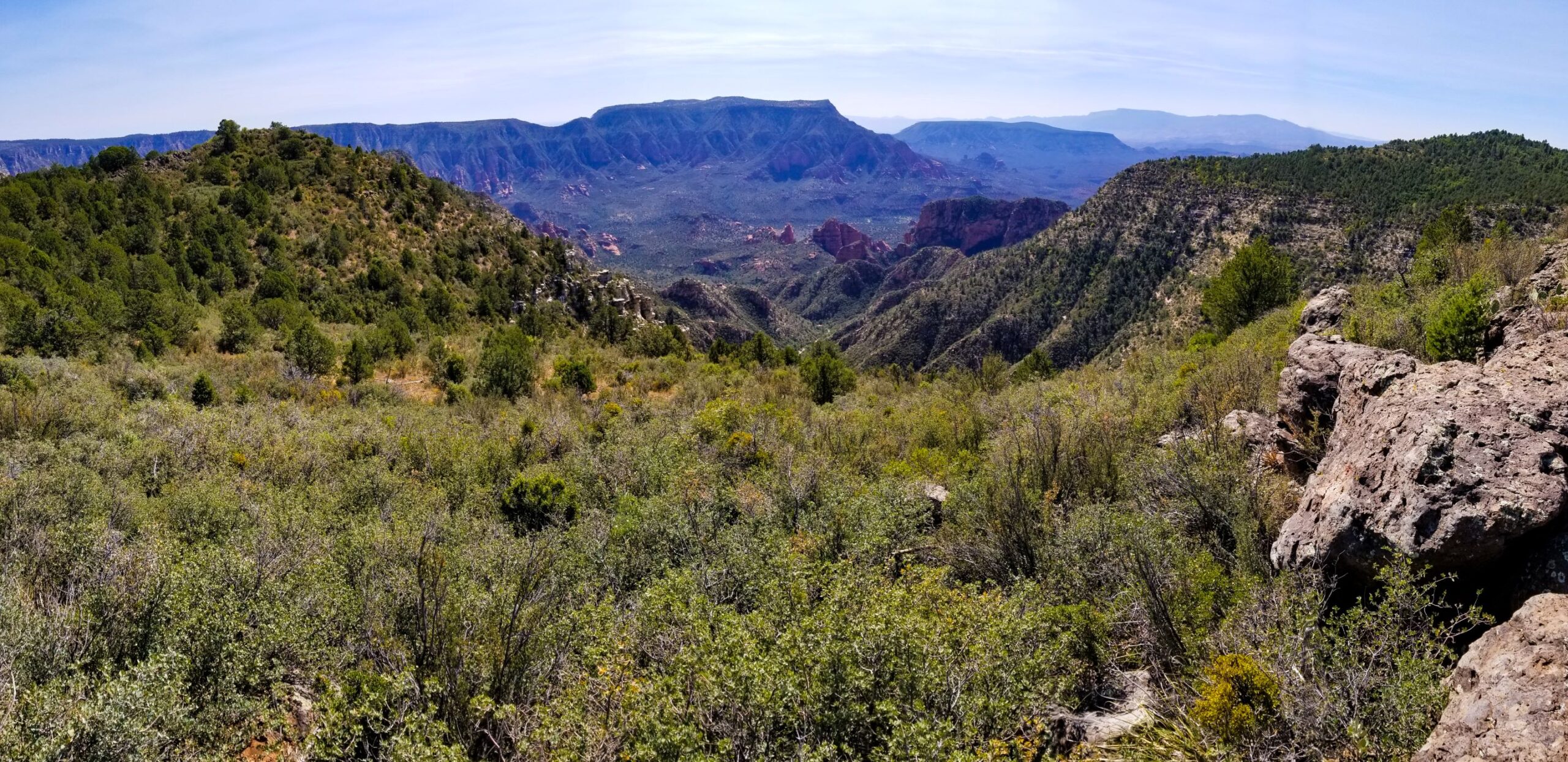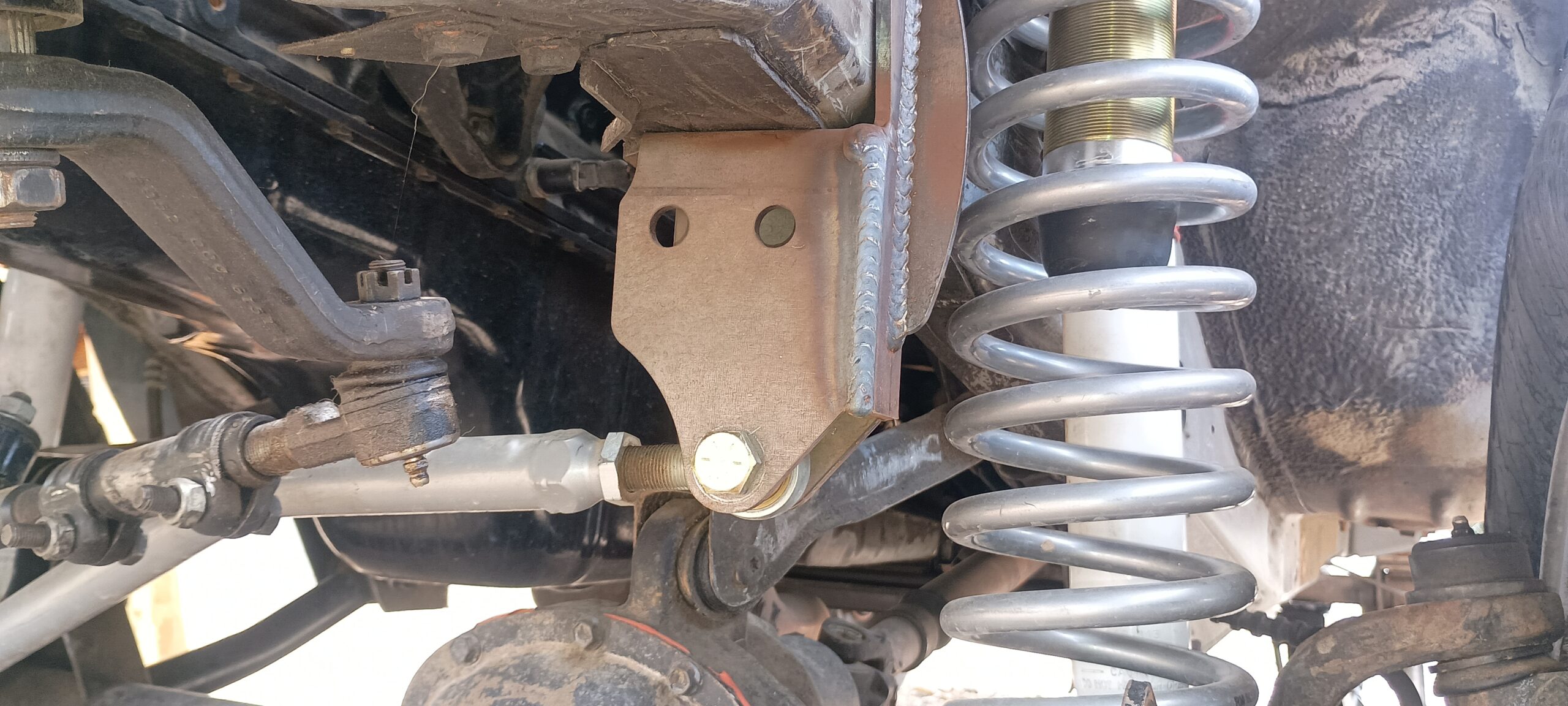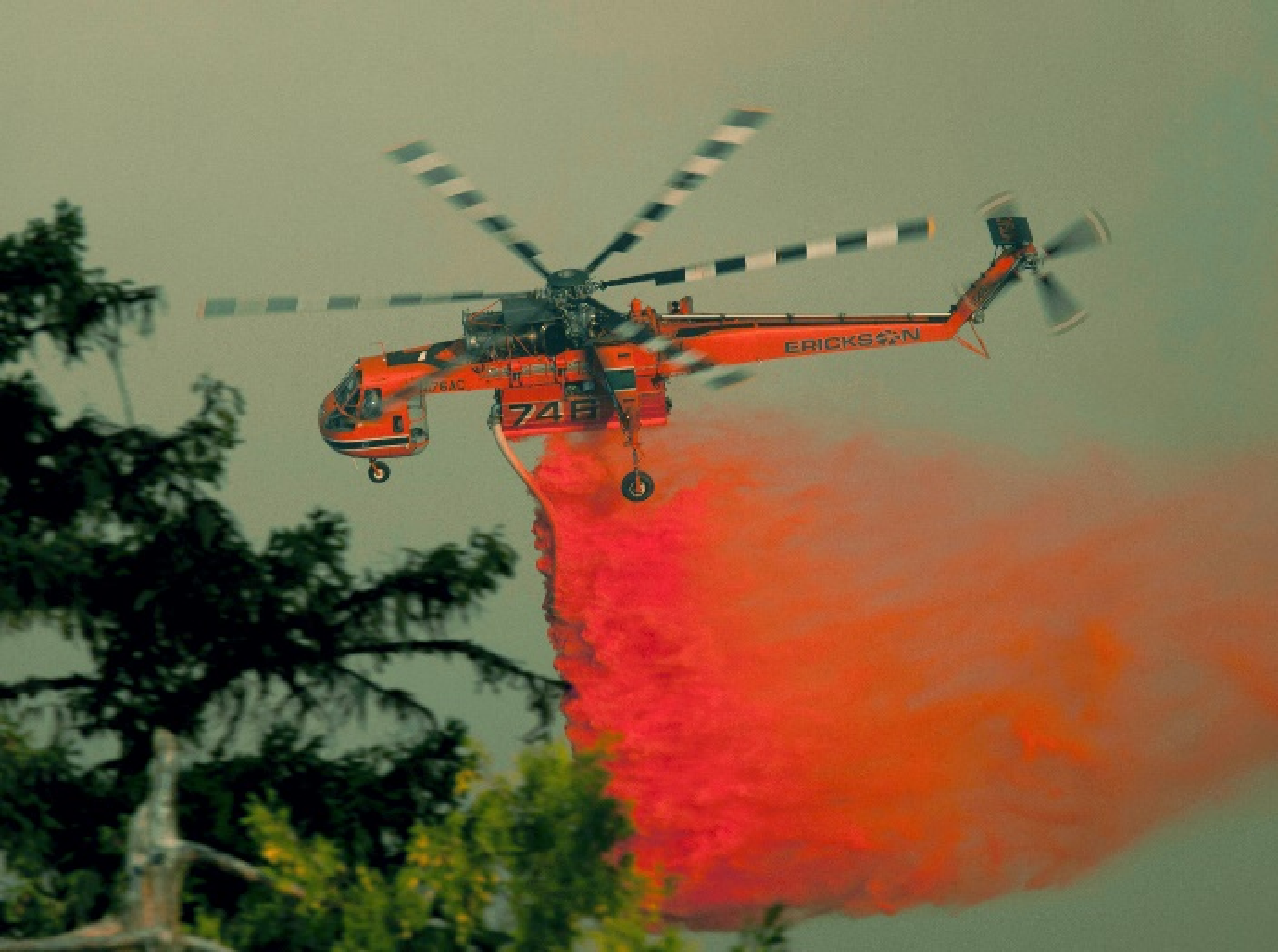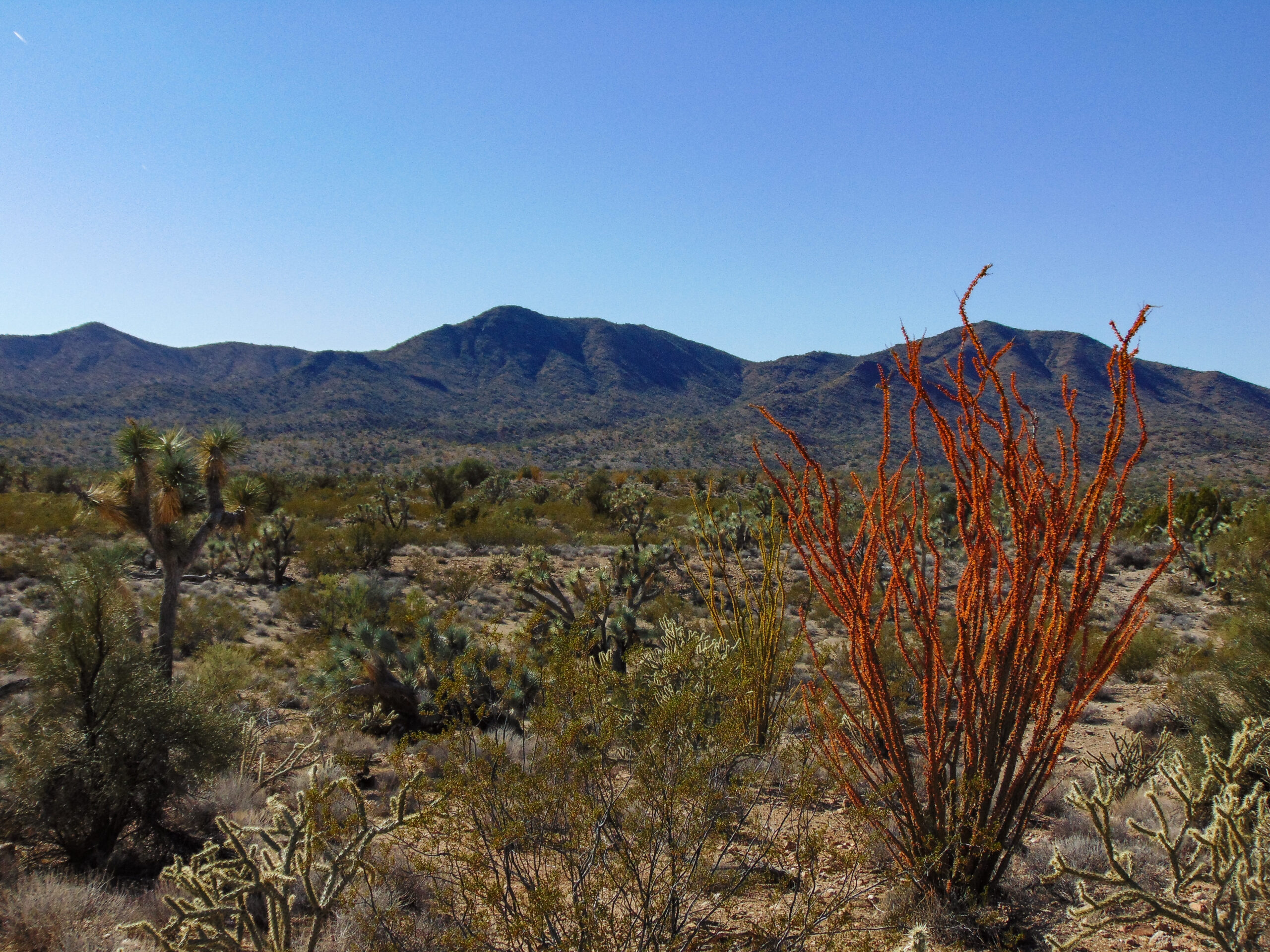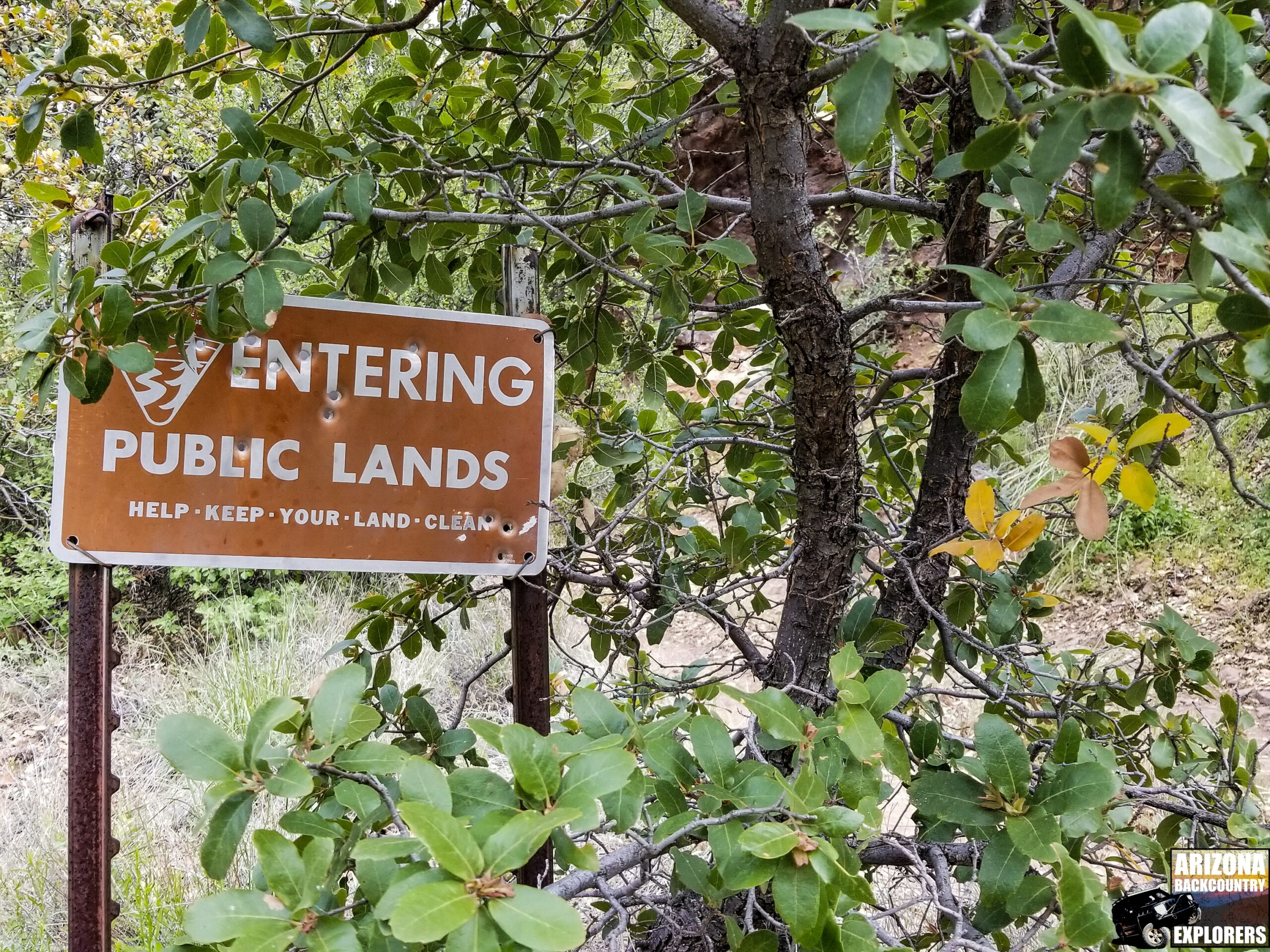We have a chance to shape the Forest Service handbook.
New changes to 36 CFR 216 from the Department of Agriculture require all new Forest Service directives to be opened for public participation. Previously, we would have never had a chance to get involved when it comes to how a Forest Service handbook is written. We now have an opportunity to shape the procedures used to manage our public lands.
The USDA Forest Service handbook details how Forest Service employees will carry out their duties to manage our public lands. Forest Service officials are required to follow these guidelines, or they can face termination. Everything from making sure bathrooms are sanitized to reconstructing Forest Service facilities is being discussed. These management changes include developed recreation sites like shooting ranges, boat ramps, lakes, campgrounds, parking areas, rental cabins, and other things like campsite hosts, stay limits, and reservation services.
These changes are nationwide and only concern FSH 2309.13 – RECREATION SITE HANDBOOK.
The plan implements four National Quality Standards listed in section 52.1 of the document below. The national quality standards are designed to address public safety, risk management, and resource protection at developed recreation sites. They include four basic principles; core standards, operational standards, maintenance standards, and management standards.
According to this new directive, recreation sites should be temporarily or permanently closed until the nine core standards are met. The plan goes further into detail, suggesting that renovation and reconstruction should be a priority over closure.
The nine core standards
1. To the extent deemed practicable by the local Forest Service official, a pre-season site safety inspection is completed and documented.
2. Known high-risk conditions are minimized, mitigated, or eliminated to the extent deemed feasible and appropriate by the local Forest Service official prior to the season of managed use.
3. Utilities (such as electrical, natural gas, propane, steam, and fuel oil systems) meet applicable Federal, State, and local requirements for operation and maintenance.
4. Water, wastewater, and sewage or disposal treatment systems meet Federal, State, and local requirements for operation, maintenance, and monitoring.
5. Applicable orders are posted, and applicable laws, regulations, and orders are enforced as deemed appropriate by the local Law Enforcement and Investigations staff.
6. Visitors’ exposure to human waste to the extent practicable.
7. As deemed appropriate and practicable by the local Forest Service official, encounters with potentially threatening wildlife are minimized.
8. A current and complete operation and maintenance plan exists and is being implemented.
9. Recreational use is consistent with applicable laws and regulations pertaining to natural and cultural resource protection.
